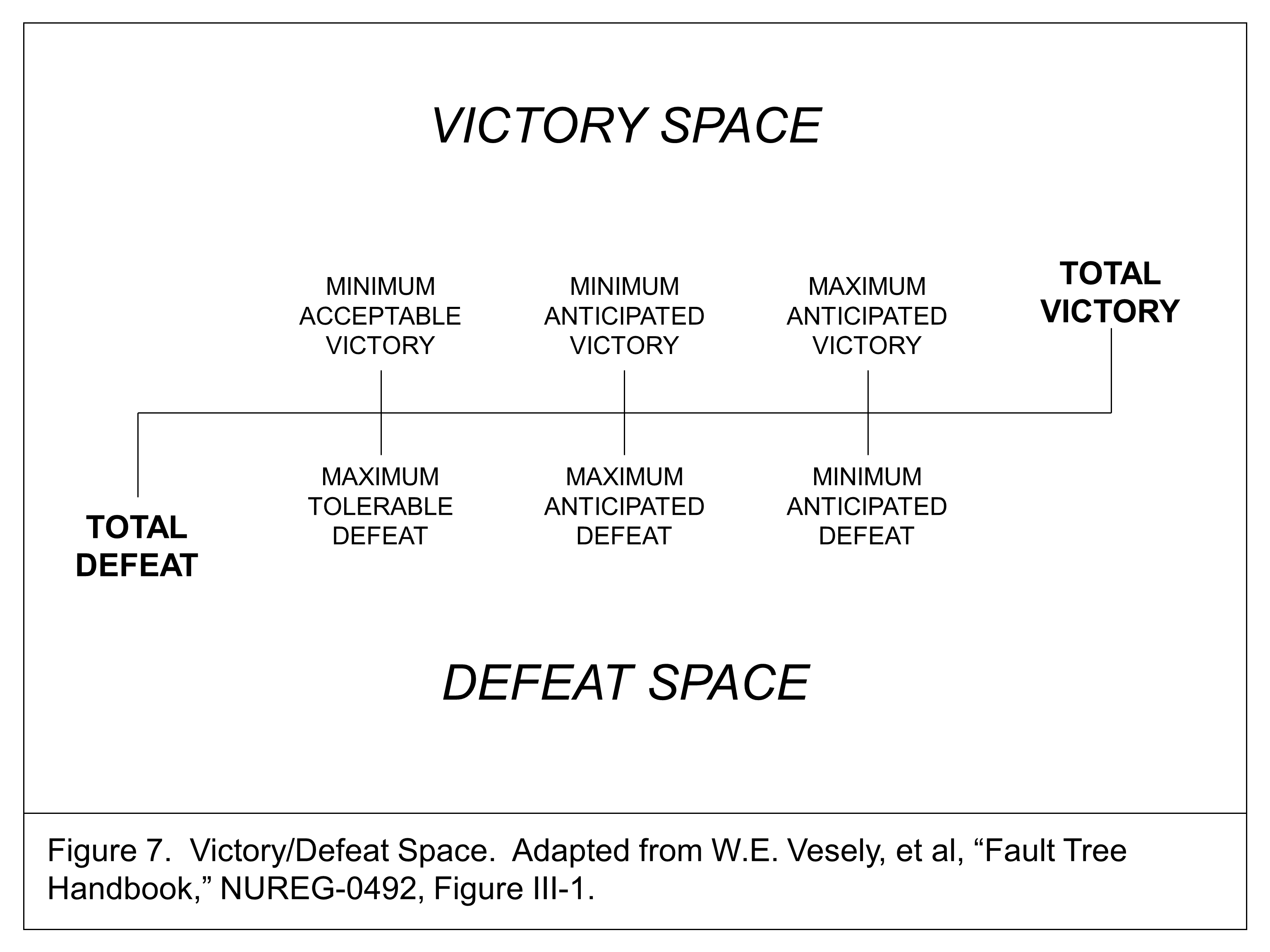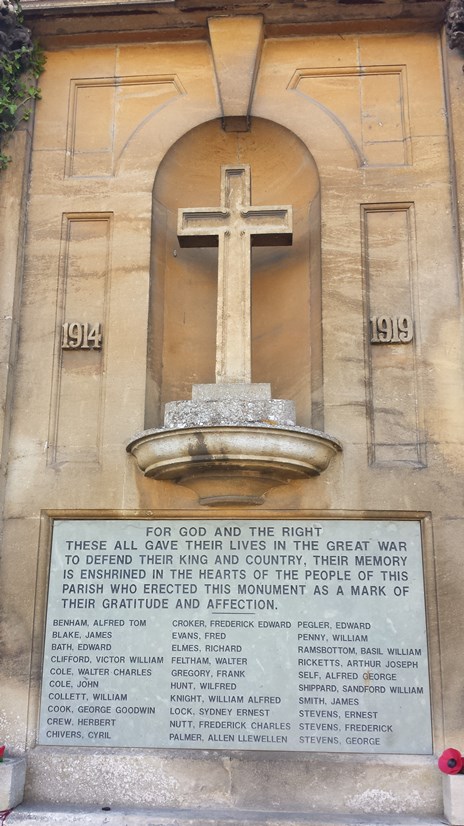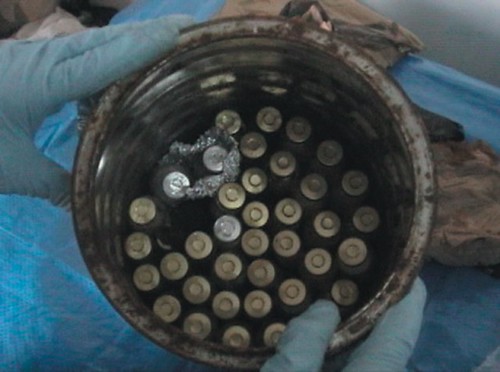My hope for Iraq hasn’t come true, because we lacked the national will to make it come true. In fact, we seem to lack much of any national will anymore.

(“Waiting to Board,” by The U.S. Army, on Flickr under Creative Commons.)
It may be a stretch to say it was my “hope” for Iraq … it was more of a prediction, that we might develop better long-term U.S.-Iraq relations by becoming long-term partners in Iraqi (and regional) security. Back when hostilities began, I told colleagues that if we did it right — if Iraq could become a more stable area in an overall unstable region — then U.S. bases in the cradle of civilization could become sought-after duty stations after the war, the way bases in Germany and Japan eventually became prime overseas duty locations after World War 2.
We did not, as it turned out, do it right.
We can postulate many reasons for this, but I count two as large contributors. First, in the rush to Baghdad we seemed to forget that all politics is local. We did not, so far as I know, help local villages develop authentic democratic (or even semi-democratic) structures that would ultimately feed into a national political structure. It would have taken time and effort, and the speed of our advance surprised us; perhaps it gave us a sense that whatever we did would turn out well. Regardless, where we could have helped develop local input to (and thereby, potentially, support of) the eventual national government, it appears that little better than local acquiescence took hold — which is all too easy to turn to disdain and rejection.
Second, and more important to the current state of decay in Iraqi affairs, we did not have the national will to occupy Iraq for the long term, the way we occupied Germany and Japan. We defeated those two nations and we stayed in them for years afterward because it was in our best interest to do so. It was in our best interest for a number of reasons, not least because of the threat that they might fall victim to the growing menace of nearby communist powers. But the spectre of terrorism has not proved as compelling to us today as the spectre of communism was to our predecessors. So we declared disinterest in Iraq and left the Iraqis to their own devices. We left them to the encroachment of the terrorists upon their lives and freedoms. We left them, I submit, to our shame.
I hear people from time to time disparage the U.S. with statements that we shouldn’t be the world’s policeman or that we should focus on problems here at home before we get involved abroad. I wonder if those who said such things are happy now that Iraq is in chaos, and if they will be happier still when Afghanistan is again under despotic rule once our departure proves our disinterest there as well.
I have heard people wondering if the expenditure of blood and treasure in our conflict in Iraq was worth it; given how little we now have to show for it, the questioners may have a point. I haven’t heard as much wondering if the blood and treasure we spent in World War 2 was worth it, but then again that was a different kind of war and we had the will to see that fight through to the bitter end.
What does this foretell for us? Our troops may still have the will to fight, and the will to win, but so long as our people lack that will our nation’s downward spiral seems inevitable. Our obsession with our own safety and comfort, with being coddled and cared for, entertained and well-fed, will drag us down as surely as the decadence of Rome left it unable to withstand the barbarians at its gates.
We left the Iraqis vulnerable. We will leave the Afghanis vulnerable. But worse than those, we appear to be willing to leave ourselves vulnerable, too.
And that does not leave me hopeful.



 by
by 
















